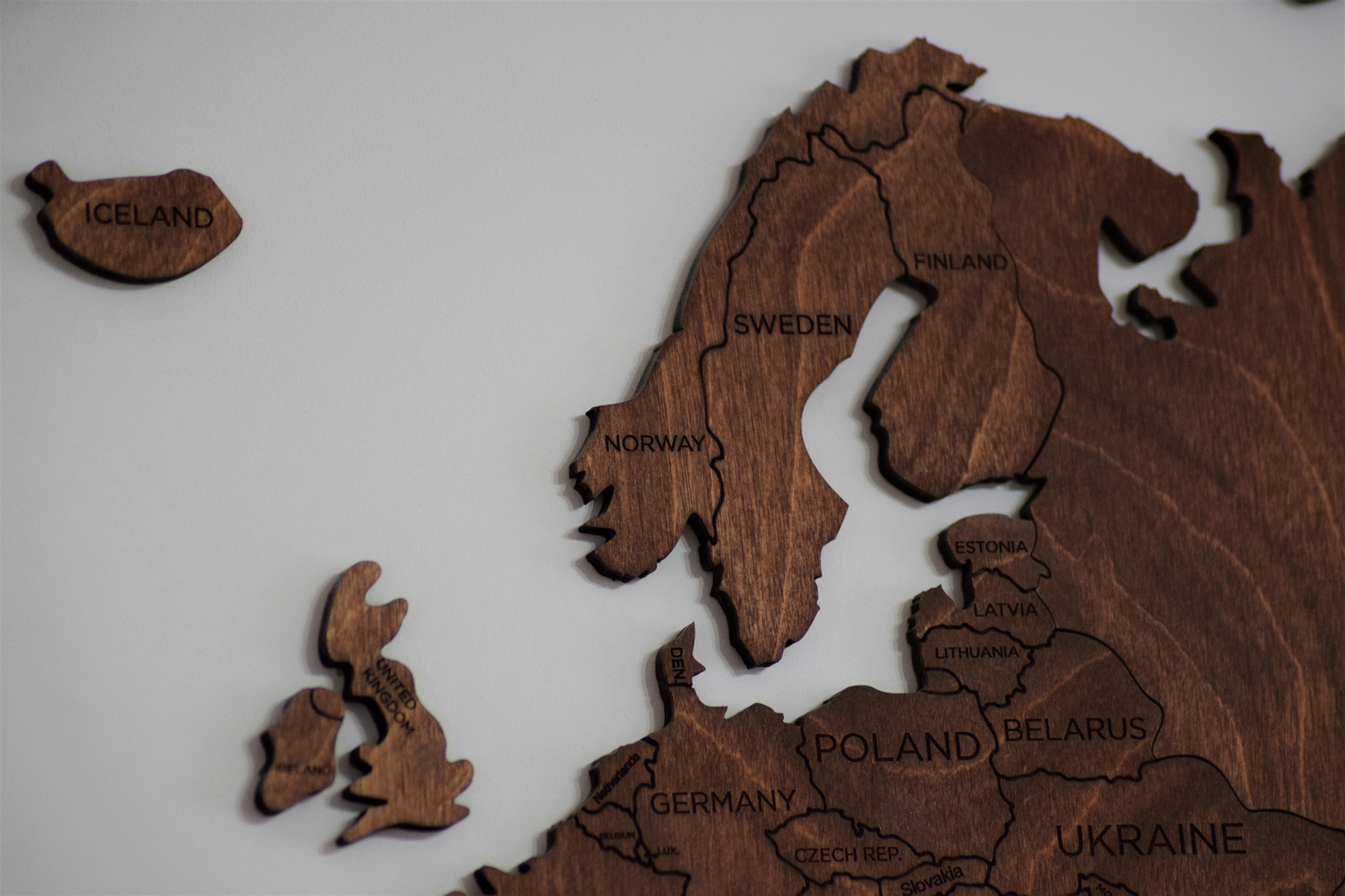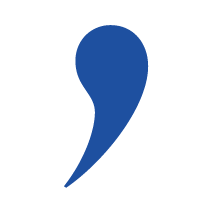Menu
From Alankomaat to Yunanistan – a linguistic journey through Europe
Cornelius Busch
If you’ve misplaced your dictionary, there’s no need to panic. Mr Busch is here to help. Language questions of all kinds are his speciality – the more obscure, the better. Do you need your copy corrected according to one of the zillion varieties of old German spelling? Mr Busch is on it. Are you sceptical about the origin of a certain word? The etymology just rolls off the tongue – even from prehistoric Indo-European. His very readable blog articles are chock-full of facts you might not have expected. Have fun learning something new!



